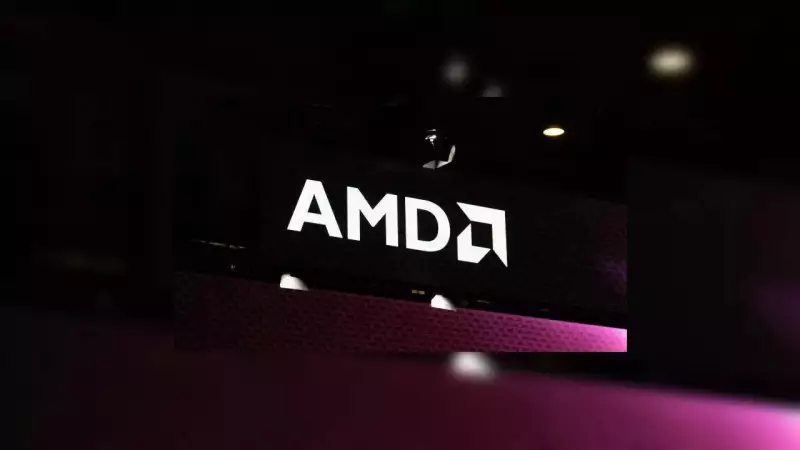
In a significant development shaking the technology sector, American intellectual property licensing company Adeia has filed a lawsuit against semiconductor giant Advanced Micro Devices (AMD). The legal action centers around allegations of patent infringement and seeks to establish what Adeia calls a "fair and reasonable" licensing arrangement.
The dispute emerges from AMD's purported use of Adeia's patented technologies without proper authorization. While specific technical details remain confidential, the case involves fundamental innovations in semiconductor design and manufacturing processes that are crucial to modern computing devices.
The Core of the Conflict
Adeia, which specializes in developing and licensing cutting-edge technologies, claims that AMD has been utilizing their intellectual property across multiple product lines without entering into appropriate licensing agreements. The company emphasizes that their goal isn't merely litigation but establishing a mutually beneficial partnership.
"We believe in the value of our innovations and seek fair compensation when other companies benefit from our research and development investments," Adeia stated in their legal filing. The company has expressed willingness to negotiate but maintains that legal action became necessary after failed attempts to reach an amicable settlement.
What This Means for the Tech Industry
This lawsuit represents more than just a corporate dispute—it highlights the increasingly complex landscape of intellectual property rights in the semiconductor industry. As technology becomes more sophisticated, the lines between innovation and infringement grow increasingly blurred.
- Market Impact: AMD's stock performance and market position could face temporary volatility as investors assess the lawsuit's potential financial implications.
- Consumer Perspective: While immediate effects on product availability are unlikely, prolonged legal battles could influence future pricing and innovation timelines.
- Industry Precedent: The outcome may set important benchmarks for how technology licensing disputes are resolved in the semiconductor sector.
The Path Forward
Legal experts suggest that such cases often follow one of three paths: an out-of-court settlement, a licensing agreement, or prolonged litigation. Given Adeia's expressed preference for a "fair arrangement" rather than simply seeking damages, industry observers believe a negotiated settlement remains the most probable outcome.
Both companies now face critical decisions that could shape their technological strategies and business relationships for years to come. The tech community watches closely as this case unfolds, recognizing its potential to influence how intellectual property rights are valued and protected in an increasingly competitive global market.






